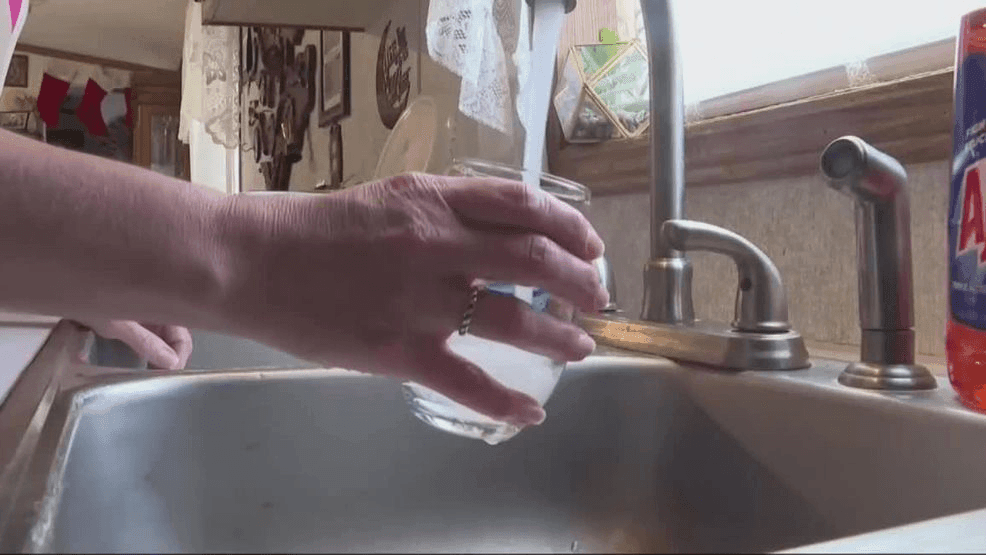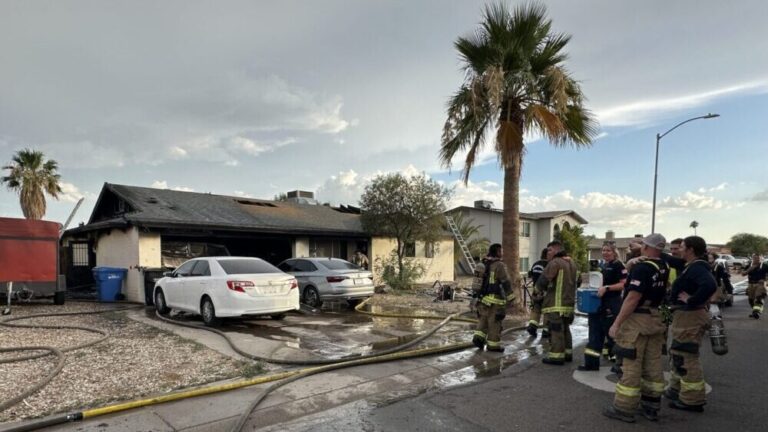
WEXFORD COUNTY, Mich., (WPBN/WGTU) — As the Cadillac community continues to share concerns about PFAS or “forever chemicals” in their water, leaders are looking at PFAS destruction technology that could be piloted in the city in the future.
That was one of the topics discussed at a meeting of the Local Development Finance Authority (LDFA) board Wednesday.
This pilot study would see if we can remove PFAS from the ground water.
But is it possible to eliminate PFAS from the city of Cadillac’s water? Some companies say yes and they have the technology to do it.
“We do have a couple wells that are hotter wells,” said Jeff Dietlin, the city’s director of utilities. “Obviously when they all mix together, they go up to the Clam, at or below this new federal criteria. But if we had to do treatment, maybe we would just treat the high wells and not do a whole plant treatment system, which could be cheaper.”
LDFA board member Brian Warner said he’s talked to three different companies about their PFAS destruction technology. One of those is Invicta Water based in North Carolina.
“Could we prepare a subcommittee to prepare a proposal that’s going to work,” asked Warner. “Get the proposals in and then the next step would be to ask EGLE, is there grant money available for this concept?”
The board brainstormed what they would need to do to potentially get a pilot program to Cadillac. Ideally they said they would want to get a grant to pay for a study that could be expensive.
“What if we did 20,000 gallons a day? What if we did 80,000 gallons a day? And then what if this really is the greatest thing and we decide to buy it? What does that number look like,” asked Warner.
During the discussion, the board said most companies who said they utilize PFAS destruction technology are using a carbon based form of it. This form is said to be expensive and the remnants need to be destroyed off-site.
The board said the technology used by Invicta Water is partly UV light based, and there are no remnants that would need to be disposed off-site.
“In my view, destroying it, cutting to the chase, destroying it on site and not shipping it off site is a better option,” said Warner.
The board also said they’d like to try to partner with the state and a university for a collaborative pilot study. They noted this kind of study has been done in other states.





